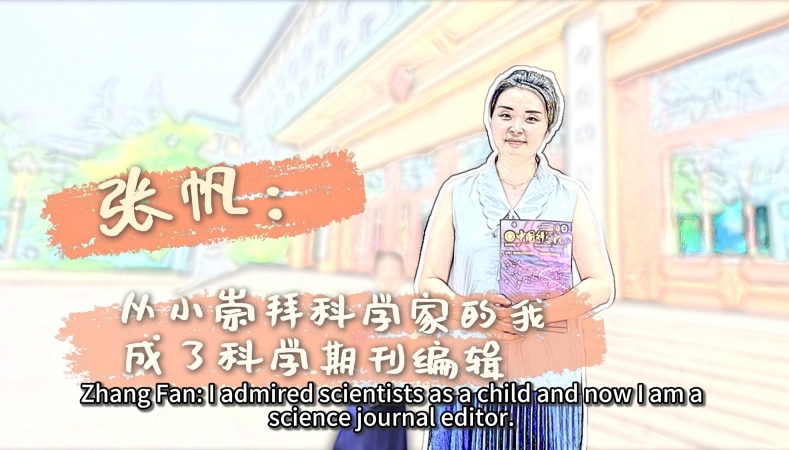Education That Inspires Generations

Dr. Hasmik Hakobyan. (COURTESY PHOTO)
By Hasmik Hakobyan
As a goodwill ambassador, I practice cultural diplomacy, revealing to the world "the souls of the nations" I closely relate to.
When trying to show China's might as an emerging superpower not only in economic processes but also in modern educational practices, it is impossible to look at the history of China without admiration.
There are so many examples of bravery and determination throughout its long history to offer to the world. Many powerful civilizations of the past are extinct, but China continues to thrive and blossom in the new world. What often goes unnoticed is that a major part of China's powerful history is its education.
The great educator Confucius left the major legacy of education in China and the teachers who came after him tried to hold high the torch of learning. Few civilizations of the ancient world had any scholastic or historical figure comparable to Confucius, and his teachings are in the hearts and minds of not only Chinese people, but also a lot of educators who have emerged to teach across East and West cultural paradigms.
China's formal education system is the oldest in the world, established nearly two millennia ago. From being reserved for the aristocracy, to the table of an individual learner, education in China went through enormous transformation. This transformation played an important role in the economic efficiency and social consistency of the country. It was with this determination that the Chinese government kept gearing China to maintain its academic and educational excellence during the darkest hours and wars. Thanks to the efforts of the CPC, the country's literacy rate increased in the mid-50s of the last century and educational reforms became the target focus of the government's trend and priorities.
No nation in the world has emphasized education the way China does. The policy of providing modern education upon a national basis was adopted a few years ago. Many language schools, along with technical and professional schools, have been established across various provinces. The Chinese International Education Foundation, which officially oversees Confucius Institutes, has also started an educational and cultural promotion program. Since 2004 the Confucius Institutes have been promoting and teaching Chinese culture and language in dozens of countries throughout six continents. From holding Chinese proficiency tests (HSK Examination) to teachers' training, hosting cultural and artistic presentations, the institute provides information about contemporary China.
In a globalized world, China opened its arms, offering various degree and exchange programs to encourage studies in China. In recent years, close to half a million foreign students study in China at almost 1,000 universities annually. Across China 274 universities are offering scholarships for international students on an annual basis. What a great way to support local Chinese teaching internationally, introduce Chinese language and culture and facilitate cultural exchanges.
China is not only moving into a period of significant transition, but is also setting an example for the countries to examine, learn, and adopt. It went ahead by nationalizing this strategy and forming a national-level response to recruiting and sustaining foreign talent. In January 2020, during the educational symposium in Beijing, Premier Li Keqiang urged developing mechanisms to attract foreign talent with families to move to China. This strategy is extremely beneficial for offering sustainability and educational opportunities to foreign families with children, planning their work and life in China.
In the recent past, China's importance has been increasing in the world's economic and technological landscapes. In this interconnected world, Chinese modern education is becoming more internationalized in promoting cultural awareness on multilateral levels and becoming the cornerstone of World Intercultural Dialogue.
Dr. Hasmik Hakobyan is founder of the Teachers' Professional Developments Center (TPDC) and teacher at the international department of Chongqing No. 8 Educational School Group.


